Why Donald Trump’s View on Trees Is Wrong
/This column appeared in the Washington Post on Sunday July 19.
While Donald Trump’s declamations on immigration have caused national outrage, his recent remarks at Loudoun County’s Trump National Golf Club reveal a subpar environmental strategy. In an effort to create a world-class country club, the presidential hopeful ordered his “artists with bulldozers” to cut down more than 460 trees along the shores of the Potomac. He didn’t buy the property, said Trump, to have a “little glimpse” of the river.
Trump’s “unobstructed views” come at a high cost, and this time, local residents will pay the price. The protective trees and shrubs that line our local river and streams form an unparalleled natural filtration system. In addition to stabilizing the shoreline with its deep root systems, the green filter strip running along the Potomac substantially reduces topsoil erosion and helps to prevent chemical pollution and farm run-off from flowing into the river below.
The willful destruction of more than a mile and a half of mature trees will worsen water quality for thousands of outdoor enthusiasts who fish, paddle, run and bike along the Potomac. More significantly, however, these actions will have a negative effect on the nearly 5 million people — more than 85 percent of area residents — whose drinking water comes from the Potomac.
“Trump missed out on an opportunity to build a world-class golf course, protect the environment and be a good neighbor and responsible member of our community.”
It might be too late to save Trump’s trees, but a combination of environmentally sound and business-smart strategies can help ensure that this clear-cutting debacle doesn’t happen again.
National and local policymakers, business leaders and environmental organizations can continue to work together to expand innovative green development practices.
In recent years, traditional battles between “tree-hugging” environmentalists and ruthless developers have given way to collaborative efforts such as green landscaping, low-impact design and river friendly growth that improve environmental and economic outcomes.
Still in the planning stages, the 11th Street Bridge will create a green civic space that will also help drive economic development along the Anacostia River. On the K Street corridor, new buildings such as Arent Fox’s office showcase building practices designed to capture polluted run-off.
Regional elected officials and agency leaders must step up efforts to strengthen local codes and ordinances to preserve trees and limit the volume of polluted runoff in our drinking water source. Additional funding is needed to retrofit city and residential streets to capture contaminated rainwater before it flows into our neighborhood streams.
Support of such measures is environmentally friendly and smart politics. In a recent Frederick County poll conducted by the Potomac Conservancy, nearly 8 in 10 voters supported restoring recently repealed regulations that protected local waterways from irresponsible construction and development. In 2013, the Montgomery County Council voted to restrict the unnecessary removal of trees in residential building projects. Similar protections exist in Arlington and Alexandria.
Great leadership requires wise decision-making. Trump missed out on an opportunity to build a world-class golf course, protect the environment and be a good neighbor and responsible member of our community.
He could have worked collaboratively with local environmental organizations and community leaders to protect some of the existing forest, strategically plant new sycamores and other erosion-resistant trees and create a golf course that would have won design awards for its innovative landscaping.
He could have modeled the welcome and growing trend in this area of property owners, developers and business leaders who adopt smart planning solutions that embrace economic growth and protect our natural resources.
But he didn’t. And for millions of local residents, that might be the clearest, most memorable view of all.

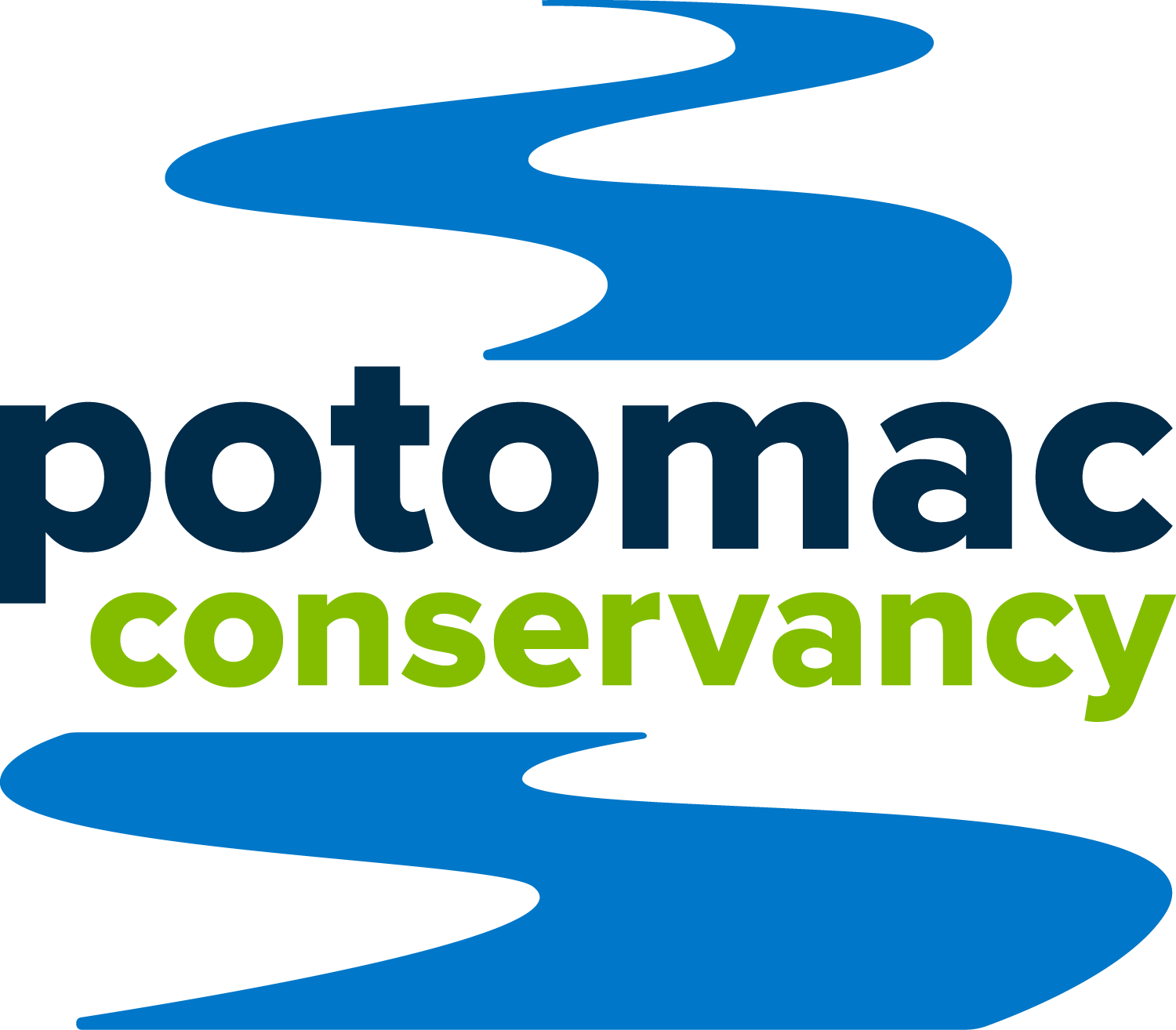




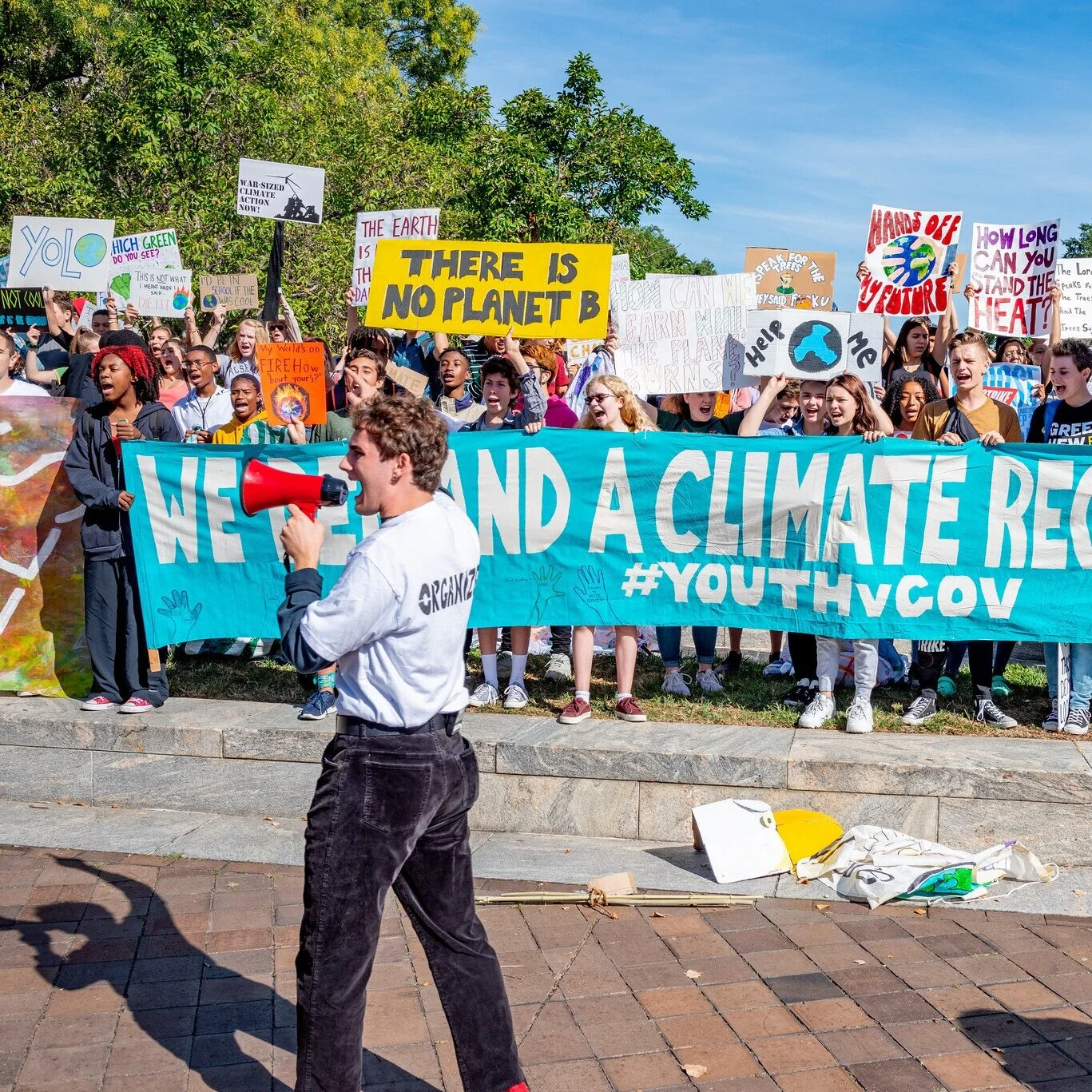


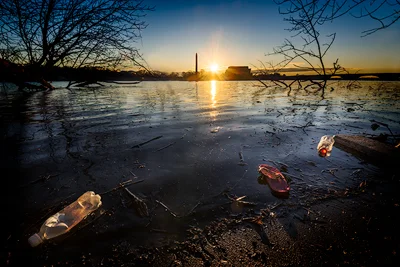

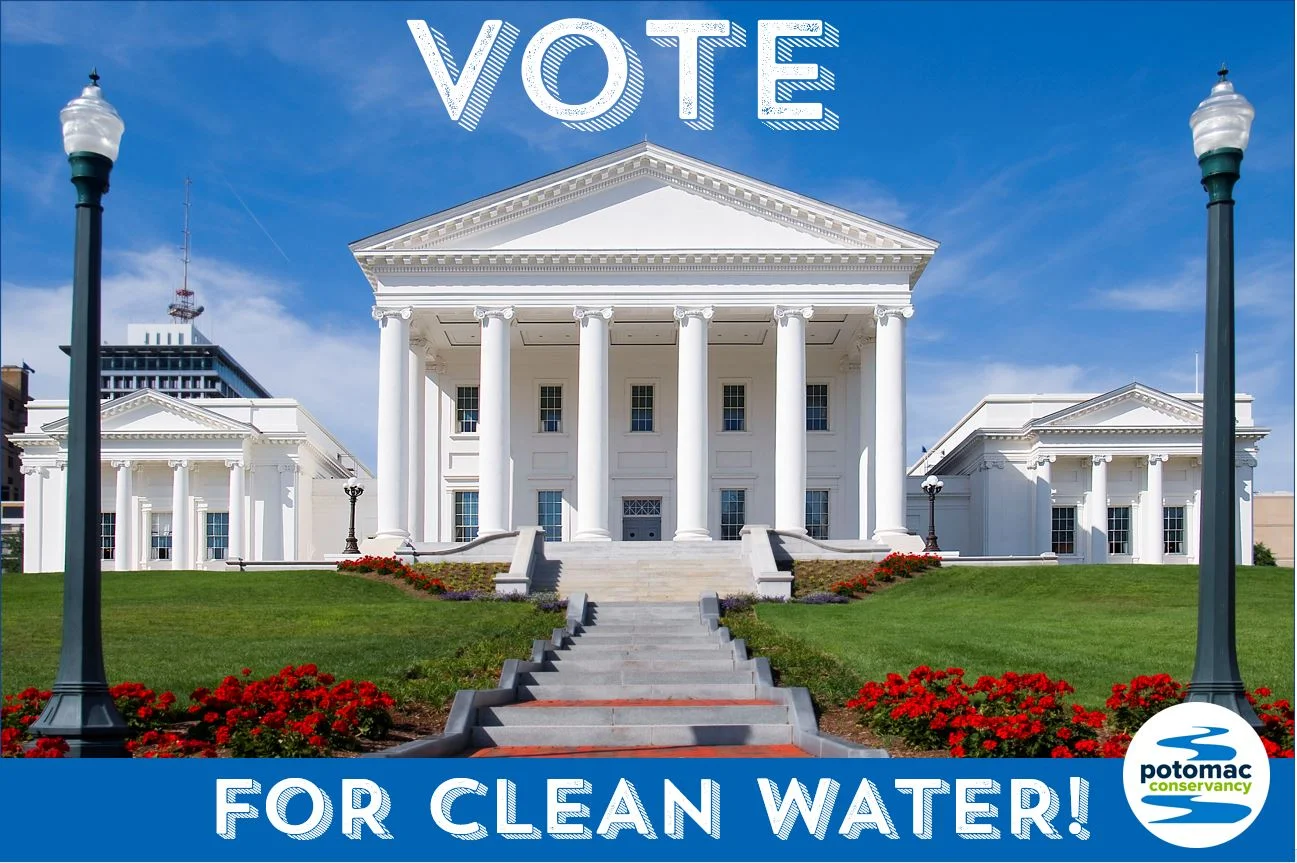
Can you make a difference for our climate if you’re not an energy policy wonk or oceanographer? Yes, in fact, it’s better that you’re not an expert.
Find out why, six other tips for talking about climate action, and how to get involved today in our local movement on climate.